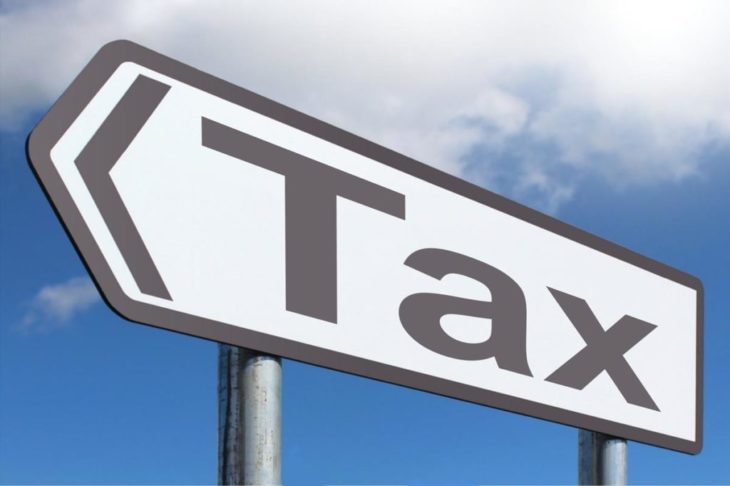With next year’s tax deadline approaching, a lot of people are desperately trying to gather all their paperwork and work out all their returns to avoid being late. If you are in the same boat, it is time to sharpen your pencils and work on that income tax returns. But, make sure you understand how the law works first. If you want to be ready for next year’s tax income return, make sure you read our top 3 tax rules you should always know.

Source: realsimple.com
You should always file tax returns even if you do not have to
If your yearly earnings are low enough, the IRS will not require you to file a tax return. But you may feel that you shouldn’t go through this hell of a process. However, if you are entitled to enough refundable credits, the IRS could have to pay you in the end. But if you do not file for a return, you will have no claim to that money. There are two important credits you need to look out for. The first credit you need to know about is the Child Tax Credit, which is worth up to 2,500 dollars per child under the age of 17 in your home. Of those $2,500, 1,400 dollars are refundable. The second credit you need to consider is the Earned Income Tax Credit or EITC, which could be worth up to 6,400 dollars depending on the number of children you have in your house. The EITC is completely refundable, which means that you could get that entire amount paid by the IRS. Keep in mind that if your income is low enough, you are not required to submit a tax return at all and you get to files your taxes free. In other words, it won’t cost you anything to try it out.

Source: choiceaccountingsolutions.com
If you want to know more tips about USA’s tax system and what happens in case of tax evasion, check out https://www.financialtaskforce.org/
An extension will not give you more time
If you have started planning your tax filing and realized that you are not quite ready for your return, you may be tempted to request a tex extension. You do not need any specific reason to ask for one, just fill the form, and the IRS should grant it with no problems. But while that might sound like a great idea, in theory, you should probably know that it will not get you out of paying your tax bill on time.

Source: howtoproperty.com
You do not need to itemize to claim deductions
Because the standard for deduction increased considerably in 2018, fewer filers are expected to itemize on their returns for this year. But that does not mean you cannot claim a certain deduction. Several other deductions do not require you to itemize at all, so be mindful of them when you file your tax return. These include educated expenses up to $200, IRA contributions, self-employment tax, and student loan interest.
The tax code and rules are complex and clunky, so knowing every single thing about it is simply impossible. However, these three rules could help you avoid losing or save some serious money.
